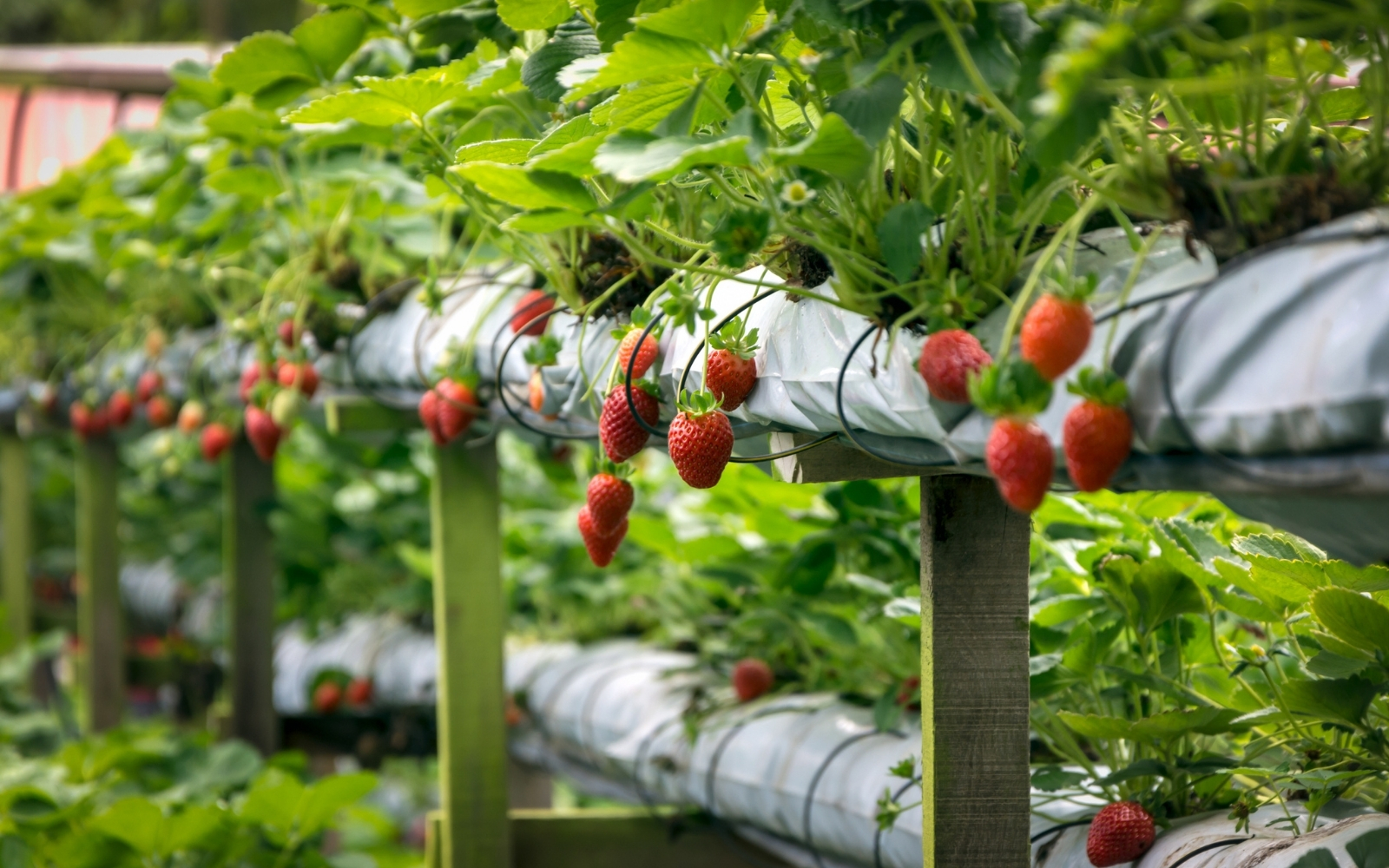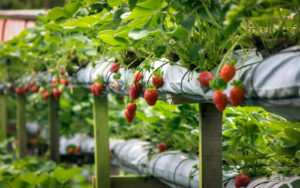March 2025 Edition — The Food Archive
Spring has sprung here in Gotham City, as the Sound Furies sung in Pishon. Yet the air feels heavy and unsettled. The political landscape may be fraught, the trajectory uncertain, but we cannot succumb to despair. Ben Okri wrote in his poem, Arequipa:
To discover
You still have
A world
To make
At sunset
Sobers
The stones.
They may try to dismantle, to divide, to darken the days ahead—but they cannot take the sunrises and sunsets from us. They cannot take our will to build, to dream, to make the world better. And so, dear readers, we keep going.
Onto some interesting news and fantastic science (yay for science being essential…) produced over the last month.
In the news and media:
-
Grist pontificates how the US government’s wobbly tariffs will impact food prices and your grocery bill. Bottom line? It ain’t good. IFPRI modeled how tariffs would impact trade flows. Bottom line? Again, it ain’t good. Their modeling suggests that imposing 25% tariffs on Mexico and Canada will cause food exports to the U.S. to decrease by 46.4% and 60.5%, respectively, with impacts across a range of imports, including fruits and vegetables, processed foods, and meat and fish. Maybe food, like eggs, should never have been cheap…
-
With all these rampant food price increases, maybe we will have to start eating lab-grown meat, but don’t hold your breath if you live in Mississippi.
-
But if you are eating vast amounts of meat, according to Vox, you can blame universities. Hell, we are catching all the heat these days – Bring. It. On. Yet, the same news outlet also blames pharmaceutical companies.
-
Another hit to food systems brought on by the new administration is the 1 billion dollar cuts to farmers supporting school meals and food banks. Sorry for those farmers who thought he had your back.
-
Novo Nordisk (the makers of Ozempic) has started a foundation and is beginning to fund large-scale global health research. It is too bad that the head of their obesity program is a paid advisor to confectionary company Ferrero, along with relationships with McDonalds and Nestle. Talk about conflicts of interest…
-
The Economist is calling out Ethiopia’s prime minister, Abiy Ahmed’s claims that the country has become the breadbasket of Africa.
-
Speaking of agriculture, no one seems to agree with what regenerative agriculture is exactly.
-
There are so many wonderful tributes to the great Joan Gussow, who passed away at 96 – yes, good nutrition does pay off. She was a pioneer, started the discipline of “sustainable diets,” and spent her life at Teachers College at Columbia University. She inspired many at the university and across the world.
-
I was so pleased to see Flow win the Oscar for Best Animated Series – a film of hope amid climate change. It seems pets can’t get enough of it either.
-
On climate change, perhaps it’s time for better labels that inform us of the greenhouse gas footprint of foods.
-
And a shoutout to Timor Leste, one of my favorite countries. There are always fits and starts with new democracies. I am keeping my fingers crossed for them.
Among scientific publications:
Around the third or fourth month of the year, peer-reviewed scientific publications kick it up a notch. The slowdown of the holiday season is in the rearview mirror, and the pace of what is put out the world seems to have a bit of a boost. This month is no exception, making it hard for me to highlight a handful. I selected a few more unique papers that I thought were enjoyable reads.
The first focuses on avocados. This paper in World Development goes deep into cartels’ control of the avocado industry in Mexico. Often touted as “green gold” because of the insanely high demand for avocados north of the border, media has reported that cartels have an inkling to get in on the action. But why do so if drugs are in high demand? This paper looks into whether declining drug revenues have led cartels to go into other agricultural commodities (beyond poppies for heroin). The author found that declines in heroin demand increased homicides among agriculture workers in the avocado industry, along with robberies of trucks carrying avocados for shipment.
Two interesting reflection manuscripts. One by the great Tom Reardon on bucking conventional wisdom using some of his long-standing work done in Asia and Africa on rural nonfarm employment, processed food demands, the role of small and medium-scale enterprises in food supplies, and the supermarket revolution/growth in Asia. The other is by colleagues led out of Vrije Universiteit Brussel that we should not forget history in planning food system transformations, particularly those working on future scenarios. Using three cases in Mozambique, Holland, and Bangladesh, they articulate the importance of taking a historical lens to scenario building.














Post Comment